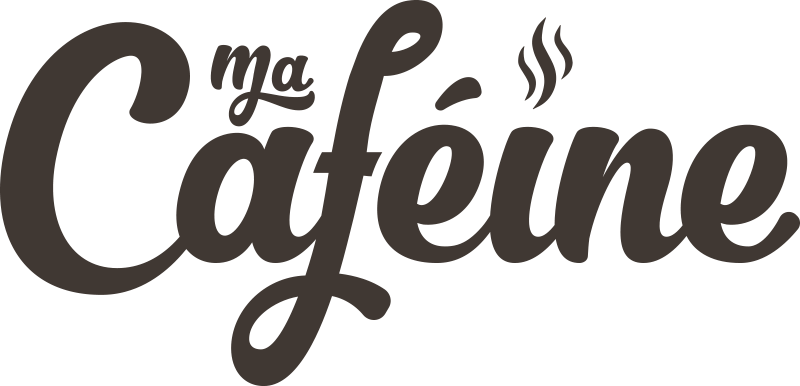
The different types of drinks
For several years, due to our proximity to Europe and our Latin cultures, automatic and manual espresso machines have been making their way into the homes of coffee lovers in Quebec. Armed with this type of machine, it is possible to make multiple coffee-based combinations for the greatest pleasure of your taste buds. With alcohol (Irish coffee), ice cream (Affogato), or chocolate (mochaccino), there is something for everyone! However, it is clearly the milk-based coffees that are of predilection for the people of the beautiful province in order to temper the bitter and acid side of the coffee. It's a slippery slope, not everyone agrees on the proportions of each beverage in the coffee world, but here are some basics for the most common drinks:
- Ristretto: 15 ml of 8 gr of coffee
- Espresso: 30 ml of 8 gr of coffee
- Long coffee: 60 ml of 8 gr of coffee
- Macchiato: 30 ml of 8 gr of coffee + 30 ml of milk foam
- Café Américano: 60 ml of 8 gr of coffee + 90 ml of hot water
- Cortado: 60 ml of 8 gr of coffee + 30ml of hot milk without foam
- Cappuccino: 60 ml of 8 gr of coffee + 60 ml of hot milk + 60 ml of milk foam
- Café Latté : 60 ml of 8 gr of coffee + 180 ml of hot milk
- Flat White : 30 ml of 16 gr of coffee + 150 ml of milk foam
Coffee and milk, the two go hand in hand
When we decide to make a cappuccino or a latte, the proportion of milk versus coffee is much higher, so we should not neglect this aspect. By the action of heating the milk, we can have different density results depending on the amount of protein present in the milk, and the amount of air used to heat it. Hot milk, micro-foam, dense foam, depending on the type of product desired, the barista will adjust his action accordingly. The most important thing to remember is not to overheat your milk: you have to stop the heat supply when the container starts to get too hot with your bare hands. The key temperature is 140°C. If you have a thermometer, you will see that the milk will continue to rise in temperature by about 10°C once you stop.
Milk Frothing Jugs
Alternative milks, a trend to stay!
The higher the fat content of milk, the higher the protein content and the easier it is to froth. The 2% and 3.25% milks are a must for many. But with the new food and environmental trends, new milk choices have appeared in the coffee market, and are more and more requested by consumers. Soy, almond, oat, coconut, macadam nut. Each product has its own particularities and followers. But when selecting plant milks, make sure to buy products with the label "barista" or another label that ensures that the product will make a nice foam when heated.

Macadamia beverage
Milkadamia
Lactose-free, gluten-free and vegan, macadamia milk contains 50% more calcium than cow's milk. It is an excellent source of vitamins D and 12. Its taste is addictive in your coffees as well as to consume alone.
Oat beverage
Minor Figures
No sugar added and vegan, produced in England, Minor Figures oat milk is designed specifically for baristas. Its taste is delicious (close to hazelnut) and allows you to enjoy your coffee while making patterns in your cup.


Almond beverage
Pacific Barista
Enriched with vitamins and calcium, almonds bring a rich and sweet taste naturally to the product. It is a little less environmentally friendly due to the large amount of water used to produce it.
Soy beverage
Pacific Barista
Gluten-free and vegan, soy milk is the best nutritional choice in plant milks according to scientific studies.


Coconut beverage
Pacific Barista
Gluten-free and vegan, the subtle flavor of coconut complements coffee and espresso.














